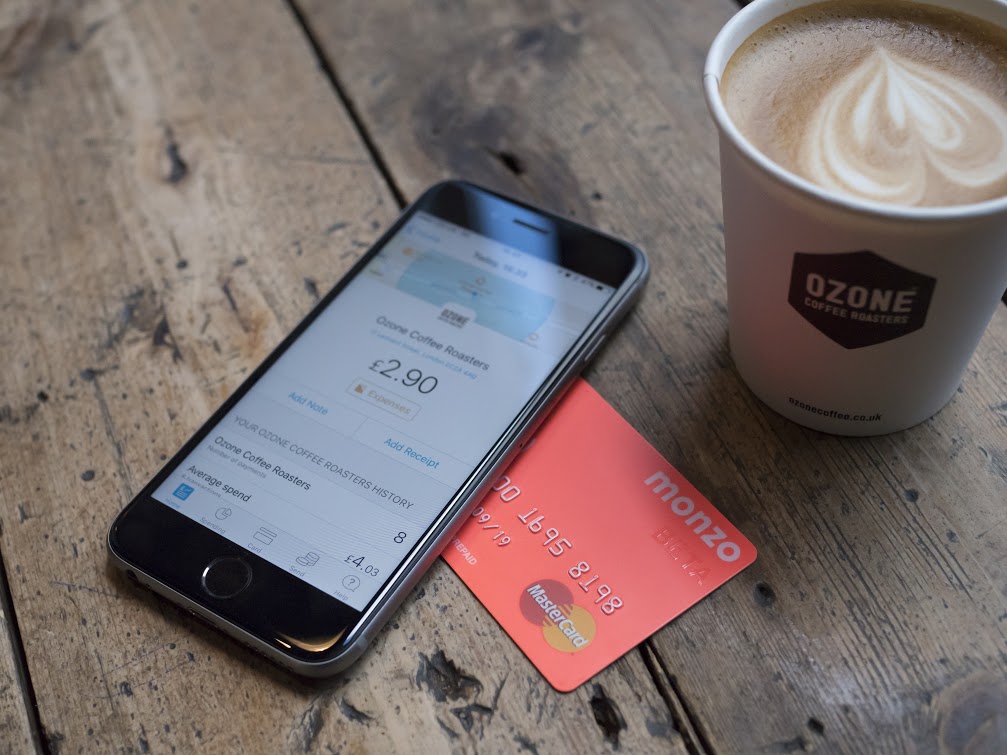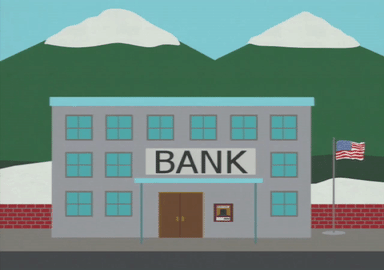
Could a new way of banking transform how you think about spending?
I am the 115,193rd neon-orange card carrying user of Monzo. It, along with a few other start-up banks, is promising to revolutionize the banking sector. I spoke with one of its designers to find out how.
Monzo has ideas well beyond my lowly number 115,193. It wants to reach 1 billion customers, and challenge the big name banks that have dominated the sector for ever. How? Simple: By designing a product specifically to help you control your spending – with the issue of mental health in mind.
This week, the start up announced that it had reached a £2.5m ($3m) target within four hours of opening its latest crowdfunding drive. For now though, Monzo is just a pre-paid debit card connected to a smartphone app. What makes it special are the app’s features, which include being able to track your transactions in real time, freeze and unfreeze your card, and if you’re an iPhone user, view your pin using touch ID.
These features have been specifically designed to make it more intuitive to budget and to help you control spending, says Zander Brade, a product designer at Monzo.
But also specifically with mental health in mind – something the traditional banking sector has been heavily criticized for failing to do.

What’s more, Zander says, being a young start-up with access to talent and ideas means that the company is in a prime position to fix the industry.
“Probably one of the main benefits that we have, compared to high street ones, is that we aren’t built on top of years of outdated IT systems and software and old regulatory processes. These are things that would force us to act in a certain way no matter how illogical it had become,” he explains.
“Being a fast-moving company means if we have an idea for how we can improve the experience for some of our users, we’re able to respond to research and feedback and improve our products rapidly.”
“Whether other banks follow is yet to be seen but I hope it’s an industry-wide movement ”
And people who have struggled with their mental health seem to be responding to Monzo positively. Take Lucy, a self-employed music teacher who suffered from depression after graduating, with her finances taking a hit as a result. She’s been signed up since the end of last summer.
“What appeals to me is the clarity,” she says. “You don’t get this with your usual mobile banking apps – you have to wait a few days for transactions to appear. Also, having the option to set monthly targets may have helped me manage my money when my mental health was at its poorest.”
Preventing financial difficulties is a key part of Monzo’s design, says Zander. He hopes that by giving you a clearer picture of your spending, it could help you police your habits and avoid going into the red and jeopardising your mental health.
Zander’s aware that app-based banks like Monzo aren’t the solution on their own. But, he says, he believes that technology can make banking and budgeting work better for you in the long run, and if the big banks follow in its footsteps then all the better
“I think we can set the precedent in the banking industry. Whether the major banks do eventually follow in the same manner is definitely something yet to be seen,” he says. “We are still in the earliest steps of this process, but I truly hope it’ll be an industry-wide movement.”
Monzo isn’t the only start-up challenging the big names. There’s Atom and Tandem and a whole load of others too. But it’s the one that has got a lot of people talking – even celebrities have been tweeting about it without having being paid for endorsement. And it’s the one with the neon-orange card.



